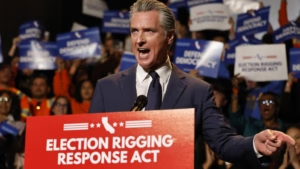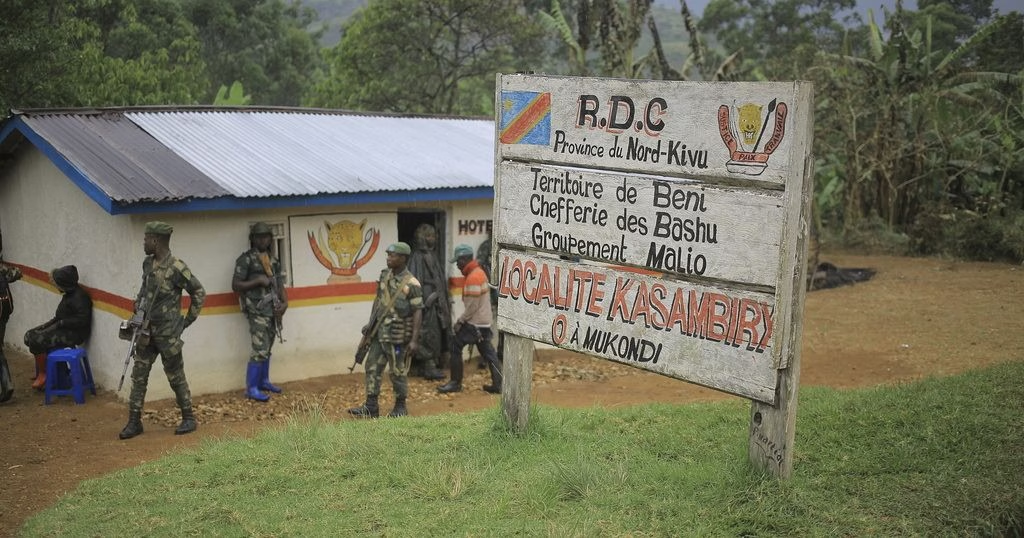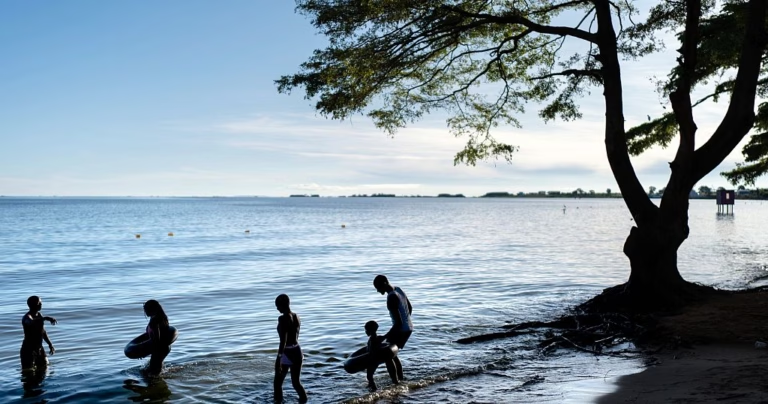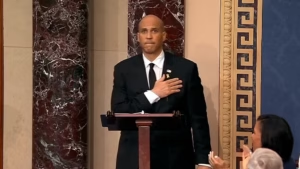
“This year’s operation by the M23 armed group, supported by Rwanda, in the North and South Kivu provinces has intensified an already critical human rights and humanitarian crisis in Eastern DRC.” she commented.
Al-Nashif indicated that despite the recent escalation of violence, the UN Joint Human Rights Office has proceeded with technical assistance to local authorities, aiming to strengthen the rule of law, advance transitional justice, and combat impunity during her report to the Council since October.
“The level of violence and insecurity has obstructed our Office’s capacity to fully fulfill this mission. However, with our assistance, trials have occurred that led to the conviction of a warlord and previous militia members for war crimes and crimes against humanity, including murder, torture, rape, and sexual slavery.” Al-Nashif indicated.
She voiced grave concern that since the beginning of the year, the UN has documented 602 victims of extrajudicial and summary executions carried out by all conflict-participating entities in North and South Kivu.
In the northeastern Ituri province, various factions persist in killing, injuring, and abducting civilians.
Furthermore, DRC forces and allies have targeted civilians.
Conflict-related sexual violence is widespread and committed by all parties, with reported cases surging by over 270 percent from January to February, Al-Nashif reported.
Almost 26 million people—close to a quarter of the population—face circumstances of emergency and crisis-level food insecurity.
In total, 7.8 million individuals have been displaced within the DRC, including 3.8 million in the Kivu provinces alone.
Numerous schools have closed, been destroyed, repurposed as shelters, or occupied by armed factions, resulting in 1.6 million children in eastern DRC without access to education.
“Any strategy aiming to achieve lasting peace must address the root causes of the conflict, particularly the unlawful exploitation of the nation’s natural resources. The DRC government must adopt a firm stance against corruption, impunity, and hate speech, without regard to who is responsible.” she asserted.
The Deputy High Commissioner underscored the urgency to speed up transitional justice, including the completion of national consultations that are inclusive.
The national policy on transitional justice in DRC, formulated with the assistance of the UN Human Rights Office, holds the promise for substantial future endeavors toward truth and reconciliation.
“As an Office, we will continue to support these efforts to the best of our ability, which includes providing forensic expertise, logistical and financial support, as well as assistance for victims and witnesses. We are also committed to aiding in the reform of the Penal Code to classify hate speech as a serious offense.” Al-Nashif said.
“After nearly thirty years of conflict, it is evident that there is no military solution to this crisis.”
She added that the people of the DRC need local, national, and regional leaders to prioritize dialogue over personal agendas, greed, and violence.
The international community also must take decisive, tangible, and urgent measures to promote long-term peace in the DRC.
“States and private enterprises that profit from natural resources extracted in dangerous and illicit circumstances must halt operations that hide behind complex and opaque supply chains,” she claimed.
“Without decisive actions, the ongoing violence risks engulfing the whole region, and these risks are intensifying daily.”
Al-Nashif stressed the critical need for accountability regarding the sufferings of civilians in DRC.
She called on the international community to send a clear, strong message to all parties involved, enforcing that the violations and abuses—that many could categorize as international crimes—must come to an end and be adequately addressed.







